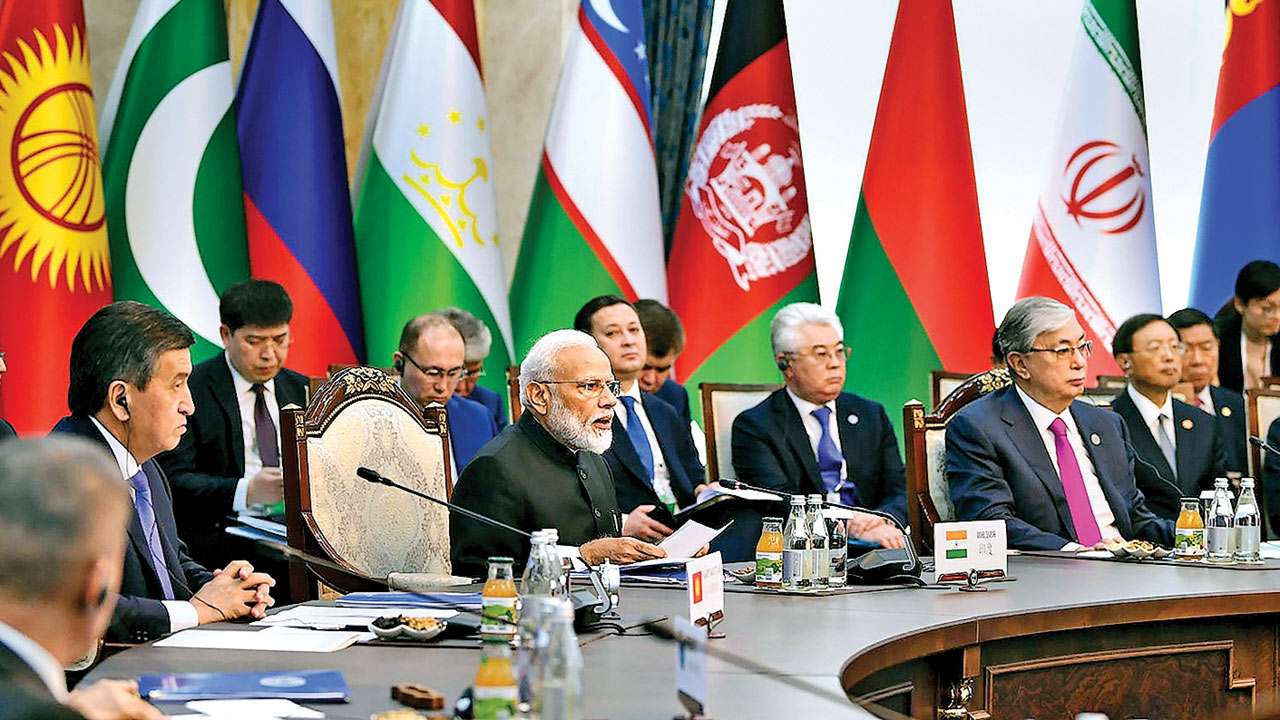
The leadership crisis is continuing in the world. Despite their economic might, the leadership in Europe, US, UK, China and Russia are battling severe challenges. Most headlines in global media are about crises in these regions.
If we step back and look at the conflict zones, there are more in the developed world than in emerging economies. The trade flare-up between US and China is not surprising if you look at economic history. North America and Europe have dominated the global economy for so long that they are shaken up by competitive behaviour.
Remember the 1980s when Japan rose to a level when it was buying up companies in the US. The entire country stood up to demonise the rise of Japan amid fears that most American companies would be acquired by the Asian giants.
When the Asian tigers climbed up the economic ladder in the 1990s, there was excitement and anxiety in equal measure. While their rise expanded the markets for Western companies, it also created firms that could successfully compete with American and European giants.
The large conglomerates from South Korea, smart services companies from Singapore and low-cost manufacturing outfits in Philippines offered continuing competition to Western companies.
Europe is facing a crisis caused by Brexit and the looming threat of Russia. Between the self-inflicted problems of UK and Russia’s attempts to take back its old territories, Europe is focused on its own immediate future.
The rise of China has brought back fears of Japan in the minds of the American government. Hence, the US-China trade war. While Japan wanted to build its economic strengths, China is clear about being a global geo-political influence, prompting the US to take on them. European Union (EU) members are split on China since some are keen to take all the support they can for their stagnating economies.
The resulting chaos in the developed world is driving a new wave of leadership to take charge of various regions in the world. They are now reducing the influence of large economies by deciding what is in their own interest.
In Africa, leaders like Paul Kagame, President of Rwanda, are showing the way ahead for the continent. Rwanda has emerged as economic dynamo and also a key member of the increasingly cohesive East African Community.
In recent months, it has taken big strides to reduce its dependence on aid while encouraging FDI.
Volkswagen has set up a factory in the country while a plan is being rolled out to convert its capital Kigali into a global financial centre. “We are offering ourselves to the world as proof of concept country. We are inviting companies to test their ideas for Africa in Rwanda. If it works here, it can be scaled up in the region,” Richard Sezibera, foreign minister of Rwanda, told me in a conversation recently.
The reforms for the African Union initiated by President Kagame will help the countries cooperate among themselves. Similarly the Smart Africa initiative of 24 countries triggered by President Kagame is working to use technology and broadband access to create knowledge economies in the region.
Leaders in the African continent realise that overdependence on the EU and the US will be counterproductive. They have to lead their own way if they seek genuine economic independence.
The world was seemingly stable when US and Europe dictated the global economic order. Armed with their economic might and multilateral institutions controlled by them, they were able to create a global market for their products. They were not so open about allowing global products to enter their own market. After spending decades trying to open up emerging markets, the Western economies are busy closing their own.
At the Horasis Global Meeting in Lisbon earlier this year, it was clear that the EU and the US will have to reconcile to a new world order where they would have to give space to leadership from other parts of the world. “While vigorous nationalism is rising, countries should avoid isolation caused by protectionism,” Frank-Jürgen Richter, chairman of Horasis, said.
Globalisation will work only if it inspires goodwill and is conducted transparently, said Jose Manuel Barroso, vice chairman, Goldman Sachs International and former President of the European Commission.
“Currently those who take initiatives are on the extremes, what we need is a more enlightened leadership: not only political, but corporate leadership as well,” he stated.
In India, Prime Minister Narendra Modi is driving change not just for India, but also countries in the Indian Ocean and the BIMSTEC region. The BIMSTEC countries include Bangladesh, Sri Lanka, Thailand, Myanmar and Bhutan.
At the recent Shanghai Cooperation Organisation (SCO) meeting in Bishkek, Modi made it clear that emerging markets will create their own growth path. While collaboration with western economies will remain important, self-interest will influence economic policies. Modi is pursuing strong relations with China, Russia, EU and US independently, to carve a clear position for India in the world.
The conflict among the economic giants will fester and could even escalate over the next few years. This is now the ideal time for the new wave of leadership to control the destinies of its people, long in the hands of colonial and neo-colonial forces. The billions in Asia and Africa deserve this shift in power.
The author is an economic analyst and has written Kranti Nation: India and The Fourth Industrial Revolution